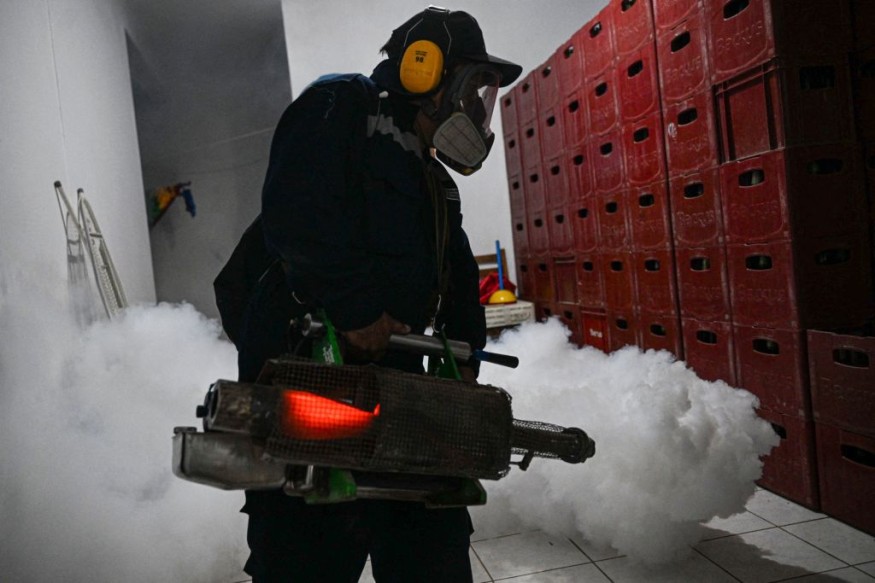The World Health Organization's (WHO) latest report revealed that the dengue cases could likely spike, reaching a historic daily record high this year due to the impact of global warming.
The warming temperatures can become ideal for the population of mosquitos and dengue. Dengue problems can worsen due to poor sanitation and health community policies.
According to World Health Organization (WHO) report, dengue cases can be found in tropical and subtropical climates.
It is best that families and communities are clean to avoid mosquitos from multiplying and bringing dengue risks.
Dengue cases likely to spike this year - WHO

According to the latest reports from Reuters and the United Nations News, global warming helped to increase dengue cases and infections.
As a result, prevention and management of dengue infections are essential because the dengue virus can become deadly.
Based on the UN News, Dr. Raman Velayudhan from WHO explained that the world's population is at risk of dengue, affecting at least 129 countries.
Dr. Velayudhan is the Head of the Global Programme on Control of Neglected Tropical Diseases.
The report recorded 101, 280 deaths and 2.8 million cases in the American region.
- In Asia, a recent report showed 70 percent of dengue.
- In Europe, the report noted a surge in cases and infections while the country is on alert.
- Furthermore, the report said about 3 million cases were recorded in parts of the Americas.
The rising dengue rates have been alarming globally. In 2000, the report highlighted half a million cases, but in 2022 reached 4.2 million cases.
While people know mosquitoes could thrive in watery areas, WHO explained that dengue cases could increase in drought conditions.
More about dengue concerns
WHO explained the importance of early detection to treat the dengue virus. If dengue cases are left untreated, they can become deadly.
There is a possibility that people would not feel any symptoms. However, people should watch out for the following dengue symptoms and immediately seek medical help.
According to WHO, people can notice or feel the symptoms four to ten days after the dengue case infection. Here are some of the common symptoms:
- Severe headache
- Vomiting
- Nausea
- Rashes
- High fever up - 40°C/104°F
- Weak feelings or fatigue
- Abdominal pain
Furthermore, the report explained that there is no treatment yet for dengue.
Staying safe from dengue
Furthermore, the website of the Centers for Disease Control and Prevention (CDC) noted people can stay safe from dengue.
Homeowners should always clean their houses or areas where dengue can thrive.
They should bring and use insect repellent to prevent mosquito bites, especially if they plan to travel in tropical areas.
- In traveling, they can also check the areas for dengue cases.
- Homeowners can also use window screens to prevent dengue from entering your home.
Related Article : Malaria Parasite Transmission Can be Stopped Using Gene-Edited Mosquitoes, Research Finds
For more similar, don't forget to follow Nature World News.
© 2025 NatureWorldNews.com All rights reserved. Do not reproduce without permission.





